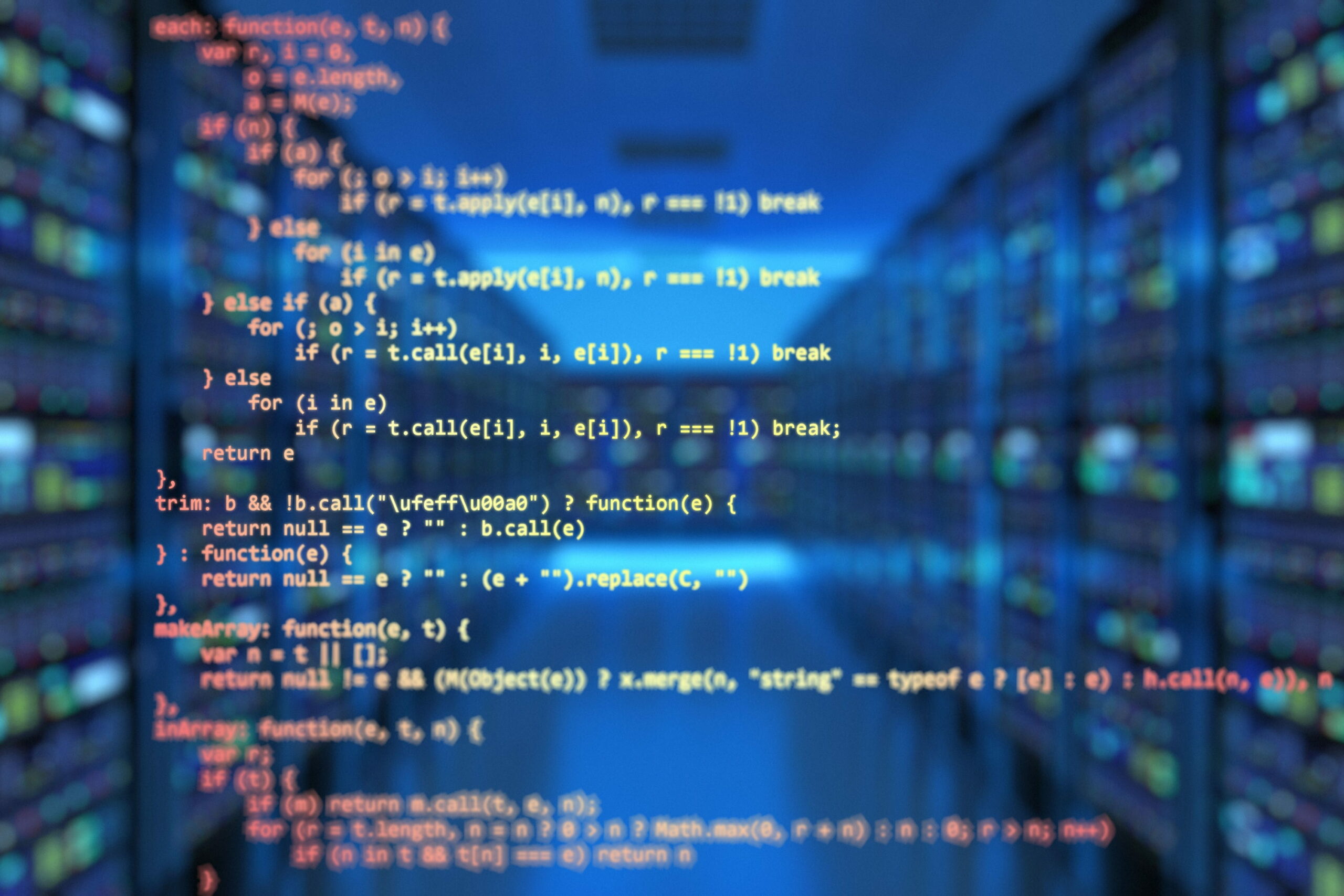Bioinformatics (Bari)

The Bioinformatics Laboratory of Bari started its research activity in the early 1980s, simultaneously with the birth of the early biosequence databases.
The group boasts a community of researchers with multidisciplinary scientific background active in different areas of bioinformatics research with skills in data analysis and development of databases and software for functional genomics, transcriptomics and nutrigenomics studies.
The group combines the research activities with experts dedicated to the management of IT infrastructures, development and maintenance of support services for bioinformatics, training, community building and networking at European and international level.
In this regard, since 1988 the Bioinformatics group of Bari has been responsible for the Italian National Node EMBnet (The Global Bioinformatics Network), established on the initiative of the European Molecular Biology Laboratory (EMBL) of Heidelberg (GE) in 1989, participates in the governance of GOBLET (The Global Organization for Bioinformatics Learning Education and Training), of the COST Action ML4microbiome (CA18131, Statistical and machine learning techniques in human microbiome studies), and of the Bioinformatics Italian Society (BITS).
RESEARCH TOPICS
Design and development of specialized algorithms for the massive processing of genomic and transcriptomic sequences.
Development of bioinformatics pipelines for the analysis of data from massive sequencing, in particular for transcriptomic studies.
Applications of machine learning and data mining technologies for the development of software for data discovery applied to functional-predictive studies.
Development and maintenance of web portals and web applications to allow the scientific community to publicly use the developed bioinformatics software.
- Design, development and maintenance of specialized biological databases, sequence reference databases, biobanks management and associated web interfaces for their public use, querying and data retrieval.
- Management and integration of large amounts of biological (omics) and clinical data (BigData) through the development and implementation of data-warehouses, federated databases and other data integration tools.
Transcriptomics data analysis (differential expression analysis, search for splicing variants), genomics (search for structural variations).
Non-coding RNA analysis and evaluation of the interactions between miRNA and target genes. Functional analysis of differentially expressed genes.
Pipelines for the comparative analysis of the miRNAs seed regions. Identification of the functional analogous between human and plants miRNAs. In silico miRNA target prediction, development of plant specialized database and gene network analysis
- Analysis of NGS data through Computational Intelligence techniques, such as neural networks, genetic algorithms, systems based on fuzzy logic. Particular attention is given to the use of XAI (eXplainable Artificial Intelligence) techniques.
- Data discovery and gene network reconstruction through applications of data mining and transfer learning technologies for the functional characterization of ncRNAs in gene regulation, signaling pathways and human diseases
STAFF

Domenico Catalano
Researcher

Arianna Consiglio
Researcher

Domenica D'Elia
Technologist

Andreas Gisel
Researcher

Giorgio Grillo
Technologist

Flavio Licciulli
Researcher & Head of office ITB Bari

Nicola Losito
Technician